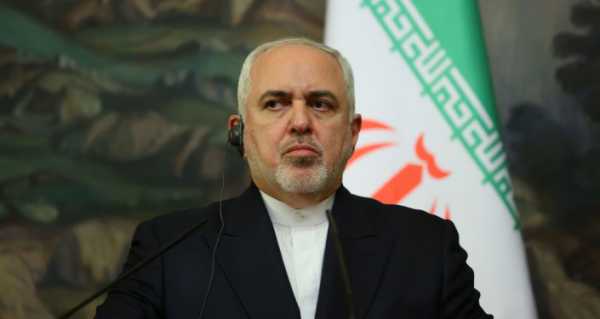
Reuters reported early on 12 January that outgoing US Secretary of State Mike Pompeo was set to accuse Iran of having connections with the notorious terror organisation to al-Qaeda* in his Tuesday speech.
Iran’s Foreign Minister Javad Zarif has taken to Twitter to berate the US secretary of state, Mike Pompeo, after reports emerged suggesting that the top American diplomat was about to accuse Tehran of having links with al-Qaeda.
According to the Reuters’ report, the US state secretary was prepared to give details on allegations that Tehran backed al Qaeda and provided the terror group’s leaders with support during his speech to the National Press Club in Washington.
The media said, citing two anonymous sources, that Pompeo might bring up declassified data on the August assassination in the Iranian capital of a man who was thought to be al-Qaeda’s second-in-command.
The assassination was reported by The New York Times in November, with the outlet saying that a high-ranking Egyptian member of al-Qaeda, Abu Muhammad al-Masri, had been shot by Israeli operatives in the Iranian capital. Tehran rejected the report, saying there were no al-Qaeda terrorists in the country.
Numerous media outlets have run articles in the post-US presidential election period suggesting that the outgoing administration might be preparing for a last minute confrontation with Iran, with Trump reportedly asking his aides about “options to take action against Iran’s main nuclear site”.
Reuters reported, citing advisers to Joe Biden, that the outgoing administration was trying to prevent the president-elect from taking steps to mend ties with Tehran after the US withdrawal from the nuclear agreement.
US-Iran relations deteriorated rapidly in 2018 as Trump pulled his country out of the 2015 nuclear deal, stipulating the lifting of anti-Tehran sanctions in exchange for the introduction of tough restrictions on Iranian nuclear activities.
In the aftermath of the withdrawal, Washington imposed several rounds of unilateral sanctions against Iran, targeting officials, politicians, and firms in what was described as an attempt at making a new deal that would introduce additional nuclear limitations upon Tehran.
During his presidential campaign, Biden said the US would re-join the nuclear deal “if Iran resumes strict compliance”.
Sourse: sputniknews.com
0.00 (0%) 0 votes


































